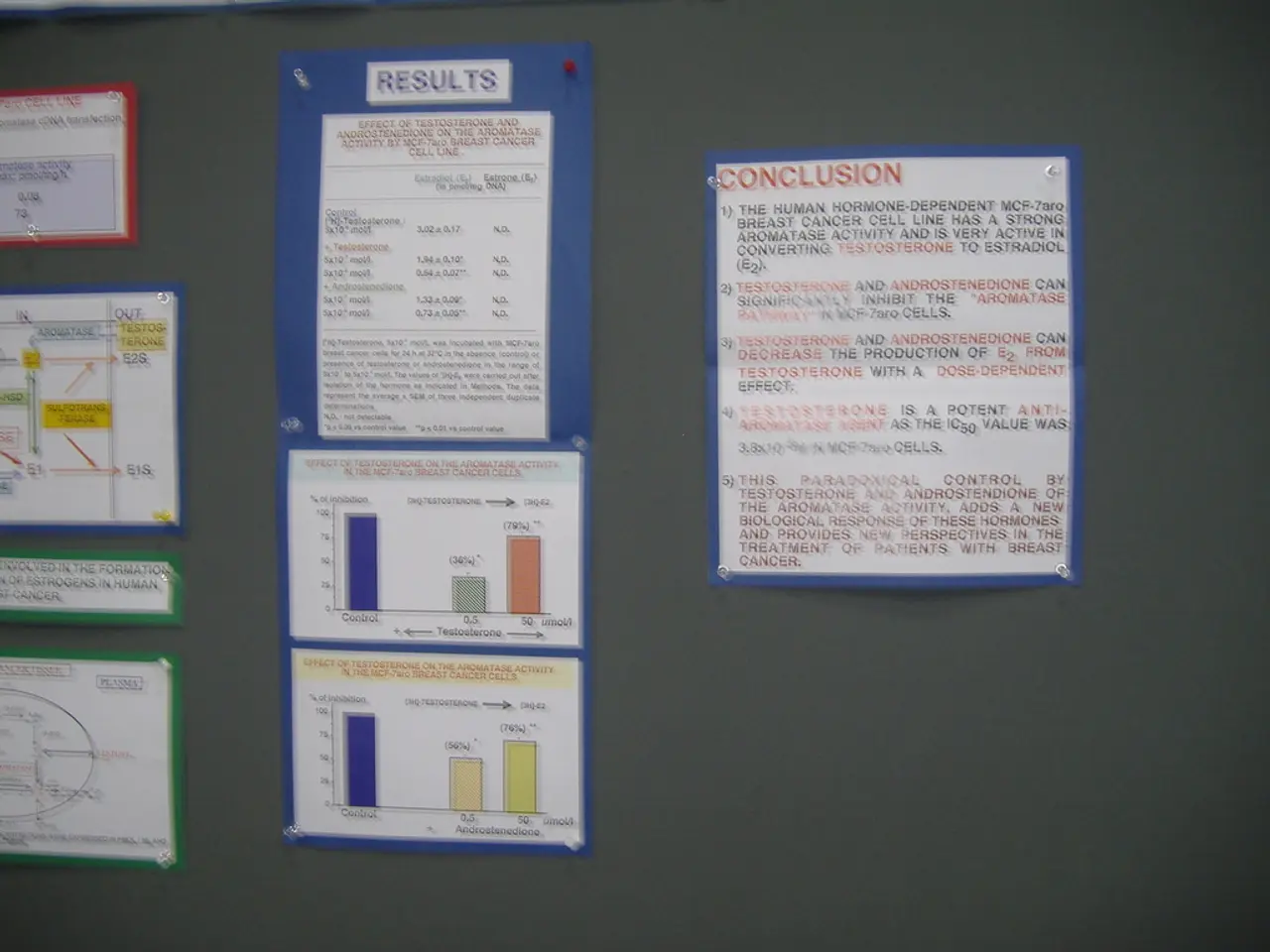"According to a study, a small proportion of unregistered enterprises report monthly earnings exceeding ₦2.5 million."
In a recent report unveiled in collaboration with the Small and Medium Enterprise Development Agency (SMEDAN) and the Ministry of Trade and Investment, Moniepoint has shed light on the vibrant and dynamic world of micro, small, and medium enterprises (MSMEs) in Nigeria.
The report reveals that unemployment is the primary catalyst for entrepreneurship in Nigeria, with 51.6% of individuals starting businesses due to joblessness. This finding underscores the resilience and adaptability of Nigerians in the face of economic challenges.
MSMEs in Nigeria play a significant role in the country's economy, contributing 50% to the GDP. These businesses are also a crucial addressable market for numerous startups that have secured funding in the past decade.
The report highlights that eight out of ten informal businesses have been in operation for less than five years, indicating a high turnover rate. However, the five-year milestone is crucial, as it is typically when owners establish second businesses.
The retail and general trade, along with food and drinks, make up over half (53.6%) of Nigeria's informal economy by transaction value. Feeding expenses account for another 20.1% of the income, demonstrating the critical role these sectors play in the daily lives of Nigerians.
The report also sheds light on the financial performance of these businesses. Seventy-nine percent of small businesses in Nigeria earn less than ₦250,000 monthly profits, while only 1.3% make more than ₦2.5 million. Conversely, nearly half (48%) of the income earned by most business owners is spent on daily family expenses.
In a positive note, 29.7% of the income is reinvested back into the businesses, suggesting a growing commitment to business expansion and development.
Moniepoint, a fintech company, has processed over 5 billion transactions in 2023 and has consulted over 2 million businesses that registered on its platform between 2019 and 2024. This data-driven approach has allowed Moniepoint to establish its banking services through distribution to millions of Nigerians within the informal sector.
Despite the wealth of information provided, significant data gaps exist regarding the revenue generated by MSMEs, their profit margins, survival rates, tax payments, and levies. This underscores the need for continued research and support for these vital businesses.
In the past five years, Nigeria has seen the founding of notable entrepreneurial groups such as the Lagos Business School Alumni Network and the Nigerian Tech Startups Association. These groups, along with the growing number of startups, offer a promising future for Nigeria's MSME sector.
The report serves as a comprehensive and valuable resource for policymakers, entrepreneurs, and investors alike, offering insights into the challenges and opportunities that lie ahead for Nigeria's MSMEs.
Read also:
- Tesla is reportedly staying away from the solid-state battery trend, as suggested by indications from CATL and Panasonic.
- Tesla's 37th week update: Stock remains steady, potential successor for Musk, unveiling of new megapack, fuel reveal delayed until IAA event
- Lieutenant Governor Kounalakis joins SoCalGas in unveiling the novel H2 Hydrogen Innovation Experience, a one-of-a-kind demonstration.
- Review of the 2025 Lamborghini Revuelto: Blazing Beasts on Wheels






